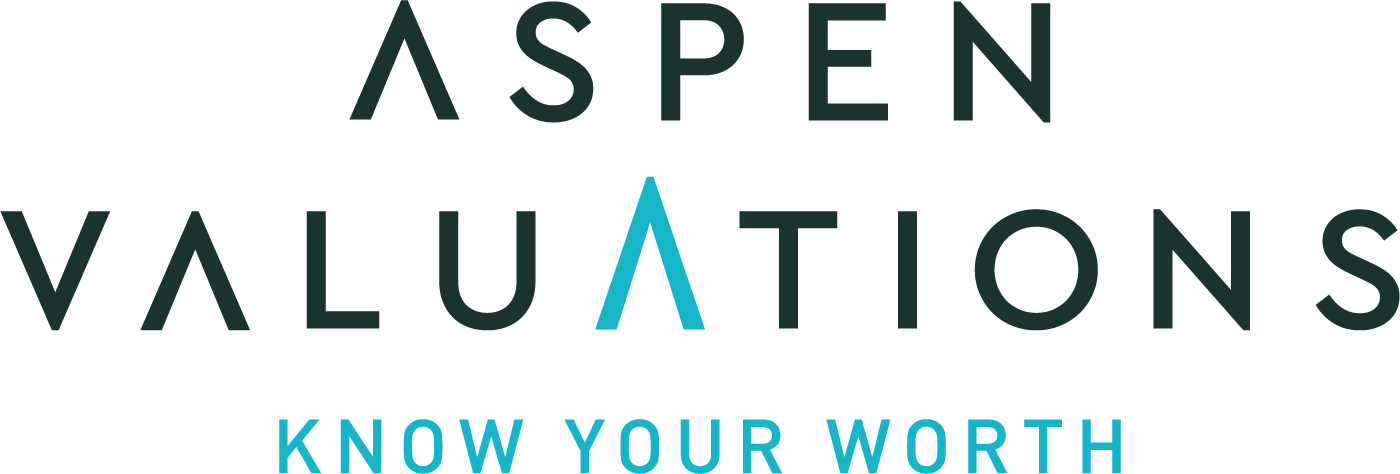Understanding the nuances: Valuation of SaaS businesses vs. traditional business valuation
2.5 min read.
As the world rapidly transitions into the digital era, Software as a Service (SaaS) businesses are enjoying unprecedented growth. If you own one such enterprise, you’re probably well aware of the unique challenges and opportunities it presents. One such challenge is business valuation. The valuation of a SaaS business differs significantly from that of a traditional business, and understanding these differences is crucial for informed decision-making.
In this blog, we will discuss the top 5 differences between valuing a SaaS business and a traditional business.
1. Recurring Revenue Models
One of the key differentiators of a SaaS business is its revenue model. Unlike traditional businesses that often rely on one-time sales, SaaS companies operate on a subscription-based model, with customers paying recurring fees. This regular and predictable revenue stream is a significant value driver and must be factored into the valuation.
Traditional valuation methodologies might not capture the full value of these future cash flows, potentially leading to undervaluation. Specialized SaaS valuation firms have the knowledge and tools to appropriately value these recurring revenues and ensure your business’s value is adequately reflected.
2. Growth Rates and Scale
SaaS businesses typically have higher growth rates than traditional businesses, thanks to their scalable nature. Once the software is developed, it can be sold to an almost unlimited number of customers with minimal additional costs.
The potential for rapid growth and scalability can significantly impact a SaaS business’s valuation. A valuation firm that specializes in SaaS will understand how to factor in these growth prospects and apply appropriate multiples or growth rates, which might not be the case with a traditional valuation approach.
3. Customer Acquisition Costs (CAC) and Lifetime Value (LTV)
In the SaaS world, customer acquisition cost (CAC) and customer lifetime value (LTV) are crucial metrics. These figures, which capture the cost of acquiring a customer and the net profit from that customer over their lifetime, respectively, are unique to subscription-based businesses.
A SaaS-specific valuation firm will understand how to interpret these metrics and their impact on your business’s value. In contrast, a traditional valuation might overlook these factors, leading to an inaccurate valuation.
4. Intellectual Property
SaaS businesses are typically built around unique software, algorithms, or other forms of intellectual property (IP). This IP is a significant part of the business’s value but can be difficult to quantify using standard valuation methodologies.
Specialized SaaS valuation firms are experienced in valuing IP, ensuring this critical asset is properly accounted for in your business’s overall valuation.
5. Churn Rates
Churn rate, the rate at which customers cancel their subscriptions, is a critical factor in SaaS valuations. High churn rates can significantly decrease the value of a SaaS company, as they indicate customer dissatisfaction and a lack of recurring revenue.
Specialized SaaS valuation firms understand the impact of churn rates on a business’s long-term viability and can adjust their valuation models accordingly. Traditional valuation methodologies might not take this factor into account, potentially leading to overvaluation.
As you can see, valuing a SaaS business requires a unique approach, one that a traditional business valuation firm might not offer. By choosing a specialized SaaS valuation firm like ours, you ensure your business’s unique aspects are fully considered, leading to a more accurate and fair valuation.
Remember, your SaaS business is not a typical business, and it shouldn’t be valued as one. Engage a specialized valuation firm that understands the intricacies of the SaaS model, and you’ll be well-equipped for future success. Ready to unlock the true value of your SaaS business? Don’t leave it to chance with a traditional valuation approach. Contact our specialized SaaS valuation experts today for a comprehensive and accurate assessment of your business. Get started now.

